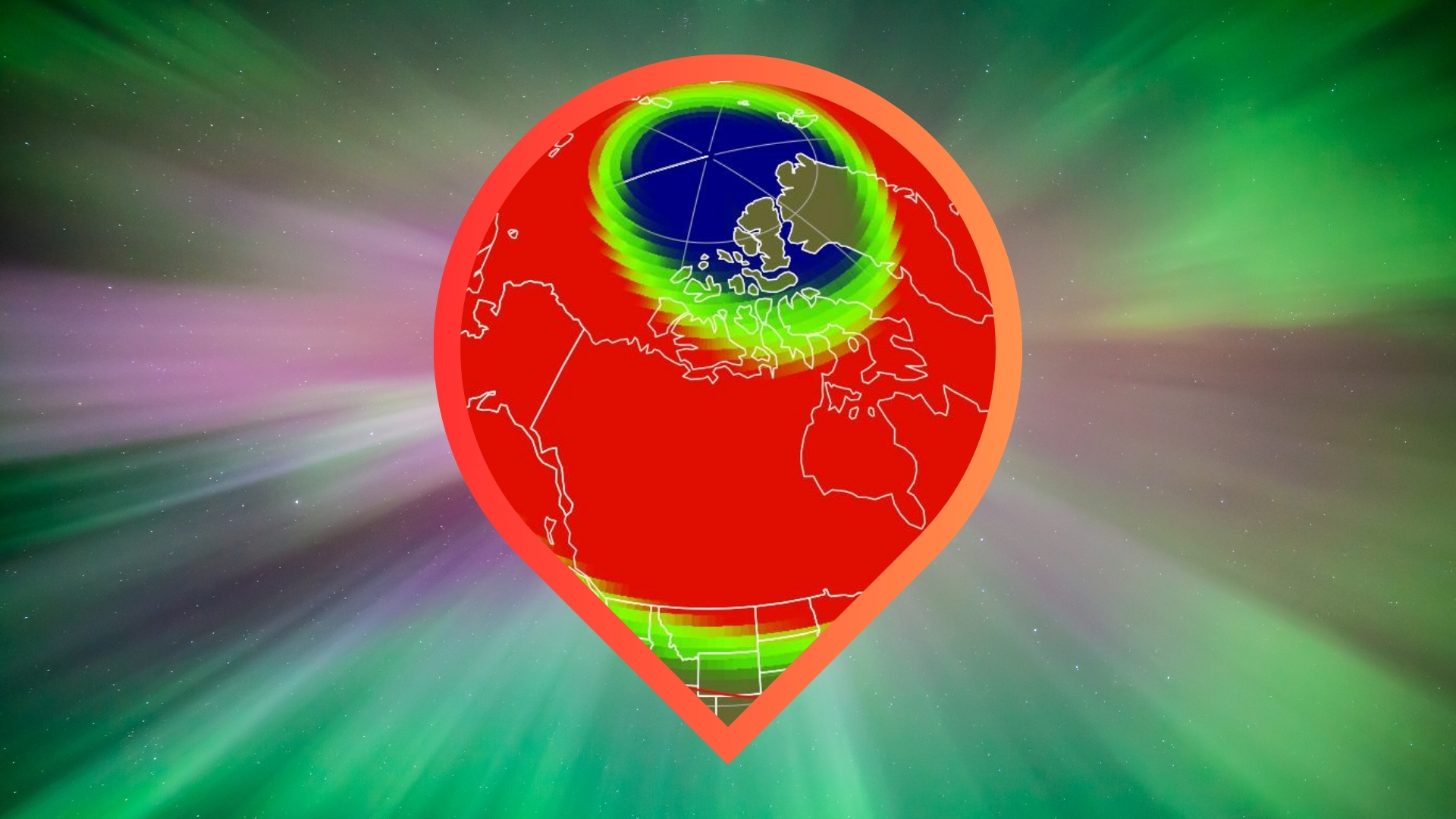Rocket Lab now aims to launch 1st Electron booster from US soil on Dec. 18
The launch from NASA's Wallops Flight Facility in Virginia had been slated to launch on Dec. 16.

Update for Dec. 15: Rocket Lab has pushed back the inaugural launch of an Electron rocket from its new U.S. launch site to no earlier than Sunday, Dec. 18, due to regulation issues as the company works with NASA and the FAA to close out final launch documentation. The 2-hour launch window on Dec. 18 opens at 6 p.m. EST (2300 GMT).
The commercial launch company Rocket Lab will have to wait a few more days for its first-ever launch from U.S. soil due to bad weather.
The California-based Rocket Lab, which has been launching small satellites on its Electron rockets from New Zealand since 2017, is now targeting no earlier than Friday (Dec. 16) for the first flight from its new U.S. launch pad on Wallops Island, Virginia. The mission was originally scheduled to launch today (Dec. 9) to deliver six HawkEye 360 satellites to monitor global radio frequencies.
"We're ready on the pad at LC-2 with Electron and @hawkeye360, but with unfavorable weather on the way, plus NASA and FAA working to close out final documentation, we are now targeting no earlier than Dec 16th for launch," Rocket Lab said via Twitter on Tuesday (Dec. 14).
The mission, nicknamed "Virginia is for Launch Lovers" (a play on Virginia's tourism slogan "Virginia is for lovers"), will lift off during a two-hour window that opens at 6 p.m. EST (2300 GMT) on Dec. 16.
In photos: Rocket Lab and Its Electron booster
Like its name suggests, Rocket Lab's Launch Complex 2 is the company's second launch site and is located at NASA's Wallops Flight Facility in Virginia, which is also home to the commercial Mid-Atlantic Regional Spaceport.
Breaking space news, the latest updates on rocket launches, skywatching events and more!
Rocket Lab joins fellow aerospace company Northrop Grumman as a launch company to fly missions from the spaceport. (Northrop Grumman uses Wallops to launch Antares rockets carrying Cygnus cargo ships to the International Space Station for NASA.)
Rocket Lab opened its Launch Complex 2, or LC-2, in December 2019, but its first launch from the site had been held up by a NASA certification process for its by NASA in certifying Electron's Autonomous Flight Termination Unit (NAFTU) software, a required safety system for launch.
Rocket Lab has launched 32 missions from the two pads at its Launch Complex 1 on the Mahia Peninsula in New Zealand. The company will use its Virginia launch site to add to its launch opportunities, allowing for "more than 130 launch opportunities every year, delivering unmatched flexibility for rapid, responsive launch for government and commercial satellite operators," Rocket Lab said in a statement.
The launch company won't just fly its Electron rockets from Virginia.
Rocket Lab is currently developing a new, larger rocket called Neutron to launch larger payloads into space. That rocket, which is designed to be fully reusable, is being built in Virginia and will use the Wallops launch site as its home port, Rocket Lab has said.
Email Tariq Malik at tmalik@space.com or follow him @tariqjmalik. Follow us @Spacedotcom, Facebook and Instagram.

Tariq is the award-winning Editor-in-Chief of Space.com and joined the team in 2001. He covers human spaceflight, as well as skywatching and entertainment. He became Space.com's Editor-in-Chief in 2019. Before joining Space.com, Tariq was a staff reporter for The Los Angeles Times covering education and city beats in La Habra, Fullerton and Huntington Beach. He's a recipient of the 2022 Harry Kolcum Award for excellence in space reporting and the 2025 Space Pioneer Award from the National Space Society. He is an Eagle Scout and Space Camp alum with journalism degrees from the USC and NYU. You can find Tariq at Space.com and as the co-host to the This Week In Space podcast on the TWiT network. To see his latest project, you can follow Tariq on Twitter @tariqjmalik.
